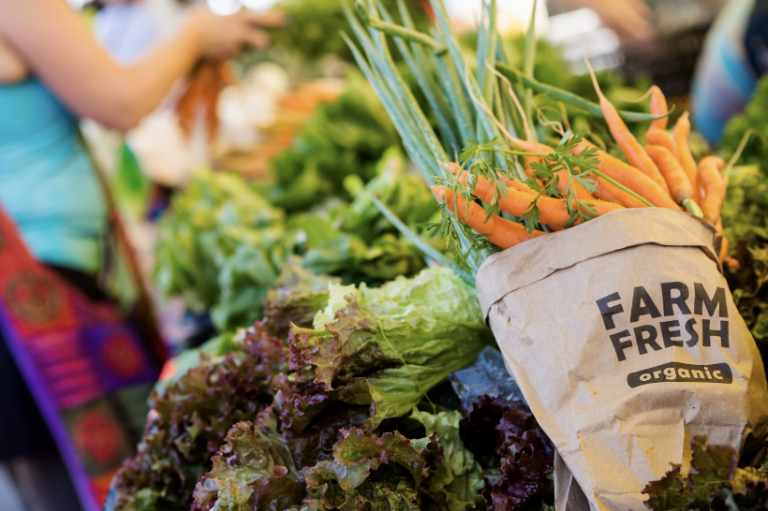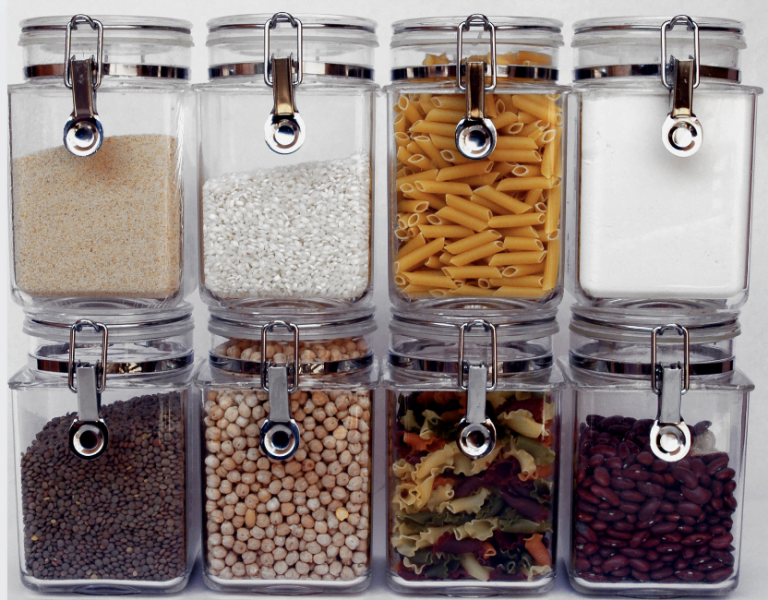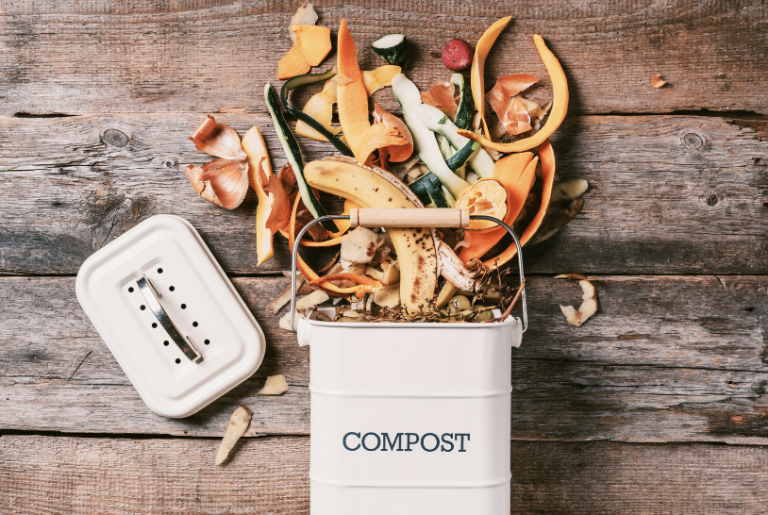In light of World Food Day (16th of October), we want to share our top tips for making your kitchen more sustainable. Why is this important? Let us explain…
Anytime that we prepare, cook, eat and store food, we participate in an agri-food system, which is made up of actors and interactions along the food chain. According to the International Food Policy Research Institute (IFPRI), this ranges from supply and production, all the way to consumption and disposal.
Unfortunately, our food-related actions in daily life can put unnecessary pressure on our natural resources, the environment and climate. HOWEVER, by living sustainably and reducing our food miles in the kitchen, we can work towards limiting this pressure and saving our planet!
With that being said, here are 3 simple ways to make your kitchen more sustainable:
1. Support local producers
Purchase seasonal food from local producers or head over to your local farmers market and explore their local varieties. Buying seasonal is a great way to limit your food miles, and the best part? Seasonal fruit and veg are usually fresher and cheaper than non-seasonal produce!
One of our favourite places to source produce and other organic products is at our neighbours, Wholefoods House! Wholefoods House are stockists of some of the best, fresh organic produce available and they support local, ethical and artisan producers. They have a wide range of products, so check them out in-store.

2. Reduce your plastic footprint
Say goodbye to single-use plastic and say hello to reusable materials! Not only will you be reducing plastic use, but you can actually have your produce last longer by storing them in glass jars or durable containers.
Here are some simple swaps you can implement into your kitchen:
SWAP plastic grocery bags FOR canvas/tote bags or paper bags for produce
SWAP paper towels/cleaning wipes FOR cleaning cloths and scrubs
SWAP plastic food bags FOR glass jars or durable plastic containers
Want to reduce your plastic footprint even further? Try buying in bulk and bring your own reusable food storage solutions with you when you shop for food.

3. Don’t waste it
According to World Food Day, 17% of the world’s food is wasted at a consumer level. Let’s work together in lowering this statistic!
You can reduce your food waste by thinking twice about what you’re discarding and explore its possible recycling opportunities.
For example:
- Use a compost bin for food scraps, which will in turn, make your soil rich in nutrients to keep your garden happy
- Nourish your plants by watering them using the leftover water from boiling veggies
- Rework leftover food into new recipes! Take the arancini for example
… The opportunities are endless!
You can also reduce your food waste by only buying what you need. Before grocery shopping, write a grocery list and know what you intend on cooking for the week to avoid having leftover produce withering away in the fridge.

Our actions affect our future, so let’s work together towards greener living by making sustainable choices in our day-to-day life, including in the kitchen!


